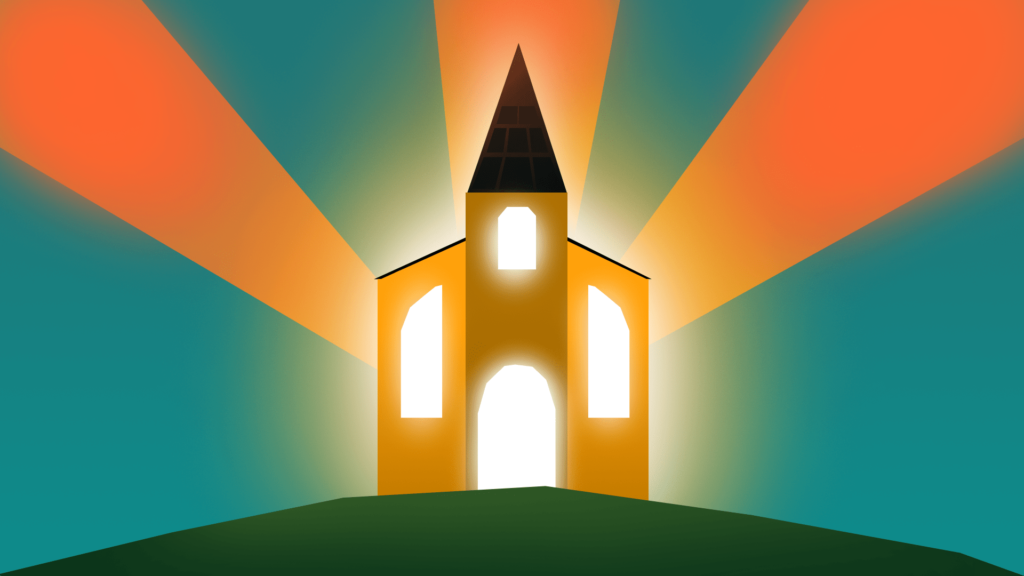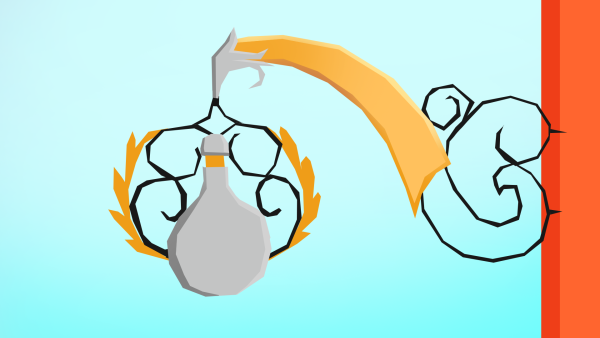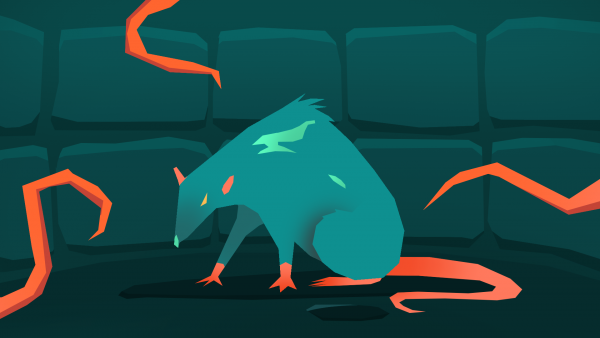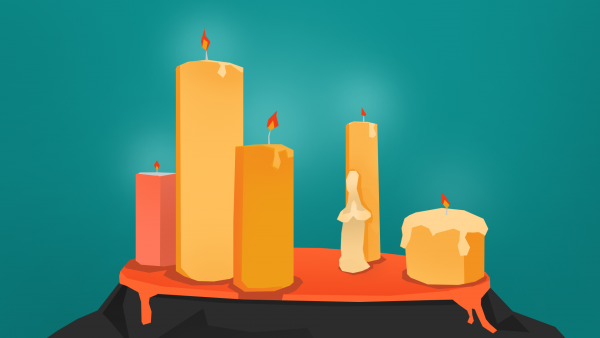The distribution of power in a culture influences all its other aspects. When worldbuilding, it’s important to have an understanding of some of the most common systems of government, so your cultures can take inspiration from them.
In this article, I would like to explain some of the systems of government, divided by the source of power. Feel free to bookmark this post and return to it when working on your cultures.
Despite the fact that we have definitions for over 20 different systems of government, it is important to remember that real life doesn’t necessarily abide by them cleanly – when working on your cultures, you don’t have to define its power distribution as strictly one of these types; you can combine, change, and experiment with them.
There are several ways to split governmental systems (such as by ideology, or by structure), but I would like to focus on the, in my opinion, most interesting division – by power source.
In a culture, power can rest on the shoulders of one individual, of one group, or of the entire population. These categories can be further divided according to the specifics.
Autocracies
When only one person (or one political entity) rules supreme, the system is called an autocracy. In autocracies, the ruler doesn’t have to really worry about the will of the people, both from outside the country and inside. The only real threat to their power is a mass insurrection and a violent removal from position.
However, no man rules alone. Dictators in autocracies still need to rely on their supporters, who take charge of a certain part of the country – the generals of the military, the bureaucrats in charge of money, etc. In an autocracy, the money and resources have to be spent by the supreme ruler in a way that pleases these supporters (as opposed to for example a democracy, where the ruling group has to instead please the general population).
When it comes to acquiring the resources, an autocratic ruler has an easier job than a democratic one. Dictators can simply take the money and treasures from their people directly, often under threat of violence. Since the common folk don’t have almost any say in who rules, the ruler can afford to have them hate him.
An interesting example of an autocracy is the Roman Republic, which elected a dictator to rule during wartime. After the war was over, the dictator had to concede his power and the republic switched back to democracy.
A system like the one of the Roman Republic is, however, rare. Most of the time in an autocracy, the ruler’s power is limitless and termless. Examples of modern-day autocracies include Adolf Hitler’s Germany or Muammar Gaddafi’s Lybia.
Democracies
Democratic systems are virtually the exact opposite of autocratic ones. In a democracy, the power, at least in theory, belongs to the people – all of them, in some way or other. In practice, it’s a bit more complicated than that; certain groups can be pushed away, demonized, invalidated, up to the point of having no power even in a democracy.
There are many different types of democratic systems. Perhaps the most “pure” one, although fairly rare, is a direct democracy. In this system, the people vote directly for themselves on laws and public policies. This truly gives all the possible power to the people themselves. An example of a modern (semi-)direct democracy is Switzerland.
Contrasting to the direct democracy is the representative democracy – this is the political system most modern democratic countries run on. People don’t vote on laws directly, but instead, elect representatives to vote in small groups for them. Unlike direct democracy, representative democracies require elections to be held.
Another interesting type is demarchy, which was the system Ancient Athens ran on. In a demarchy, people don’t vote directly nor elect representatives. Instead, people are randomly selected to vote on laws and fill governmental positions (much like today’s jury duty). This, theoretically, ensures everyone has a fair shot at influencing their country while limiting the possibility of illegal manipulation (such as threats), and the Athenians were proud of their democratic system. However, this is also where the messiness and discrimination of the real world come in; in Athens, the only people who could be randomly selected had to be male, wealthy, educated, native, and had to own property.
Other types of democracy worth mentioning are the totalitarian democracy, in which elected officials hold absolute power for the duration of their term, or the liquid democracy, in which voters can “transfer” their vote to another voter.
Oligarchies
The final major distinction by source of power I’d like to talk about are the oligarchies. In constrast to an autocracy, where one person or entity rules, and a democracy, where the many rule, oligarchic systems are ruled by a small group of people.
There are many different types of oligarchies, depending on the ruling group. I’ll now list a few of them, but keep in mind that this list is not by any means extensive – in your worldbuilding, you can work with other types, or even make up your own. As long as it’s believable within the world that the certain group rules the country, it’s okay.
An aristocracy is ruled by nobility. This is the most common example, prevalent in human history, and still around in many countries.
In a geniocracy, the country is run by the intelligent. It is similar to a “noocracy” (defined by Plato), which is the rule of the wise.
A kraterocracy is the rule of the strong. This system is fairly common as a fantasy trope in more technologically primitive societies, such as Orcs – if you can beat the leader in a fight, you take the rule.
A plutocracy can be used well within dystopian worlds. In it, the country is ran by the wealthy.
A stratocracy is also fairly common within fictional works, as it is the rule of the military.
A theocratic system is one based on religion. The hierarchy of a theocratic government mainly depends on the religion itself. If you’re struggling with worldbuilding religions, check out my article on them. The power in a theocracy usually rests on some sort of religious corporation.

Technocracies depend on the skilled and knowledgeable to fill the roles in the government. These countries are ruled by scientists, experts, etc.
A cyberocracy isn’t ruled by any of the citizens. Instead, the decisions are made by an artificial intelligence.
For the fantasy worldbuilders reading this, a magocracy is a system of government where the magically skilled rule.
And finally, a uniocracy is ruled by a united everyone, usually referred to as a hive mind. In this system, all of the citizens are telepathically linked and can make decisions as one.
Other attributes
Besides the primary source of power, systems of government can have many other attributes. These all deserve their own articles, which I will probably write at some point, so I’m just going to quickly skim through them now.
When a society doesn’t have an official government and is instead a self-governing, with the membership being fully voluntary, it’s called anarchism.
Feudalism is a system in which the land is owned by the ruling power (such as a king), but they choose to give parts of the land to nobles who fight for them. The nobles in turn give parts of that land to people under them, and so on.
A thalassocracy is a country whose realm is mostly sea. These countries usually focus their military power on winning over the naval areas, and don’t try to invade the mainland.
Conclusion
There are many different defined systems of government. As a worldbuilder or a writer, you can experiment with them, create new ones, or stick to the predefined well-known examples. The main way of differentiating systems of government is by the source of power, in which case they’re split into three main variants – autocracies, oligarchies, and democracies.
If you have any questions or comments, feel free to email me at tadeas@eledris.com! I’d love to chat about (fictional) politics further.


